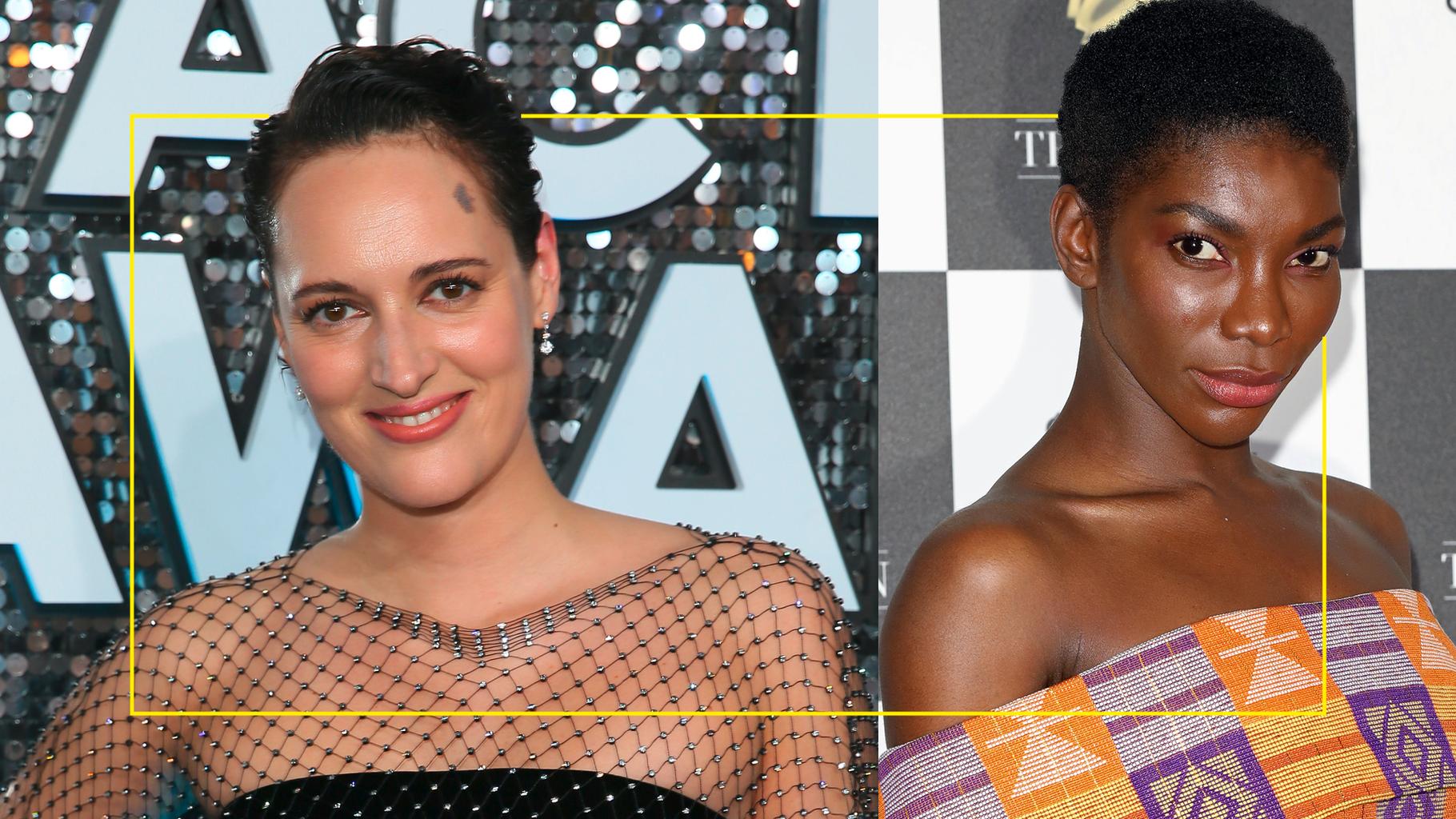‘I have a horrible feeling, I am a greedy, perverted, selfish, apathetic, cynical, depraved, morally bankrupt woman who can’t even call herself a feminist’ proclaims Fleabag in the opening episode of Phoebe Waller Bridge’s darkly funny show of the same name.
This line could stand alone as a proud emblem of the show’s confrontational force, as over the series we witness Fleabag repeatedly tear every inch of her internal self apart in order to gain a semblance of ‘getting things right’. Both the show and its deeply flawed protagonist have since become ingrained in a specific kind of cultural moment. A moment in which the ‘messy woman’ reigns supreme, a trope that makes room for a more realistic portrayal of women and their minds. Of course, it’s hard now to think back and imagine on screen millennial femininity without the anxious, horny cult of Fleabag.
But it’s not the only, nor is it the first, show of its kind. In the US, four years prior to Waller Bridge’s 2016 release, HBO’s Girls first paraded its own chaotic, moral lost causes. Despite justified criticisms and its complex legacy regarding diversity, the six series pop culture phenomenon was a pioneer of the genre. Dunham’s series was one of the first to interrogate modern womanhood in a way that felt entirely divorced from pleasantries, it took the girl next door trope and spat her right back out at us.
Closer to home, Michaela Coel’s 2015 sitcom Chewing Gum which followed 24-year-old Tracey in a shameless plight to lose her virginity, often went uncredited during Fleabag-mania, as Waller-Bridge’s writing was hailed for her witty fourth wall breaks and unabashed approach to the taboo. Since then, we’ve had I May Destroy You (another triumph from Coel), Lucy Prebble’s I Hate Suzie and Lucy Kirkwood’s Adult Material, each one providing us with their own roaring anti-heroines.
Whilst these women are all undoubtedly ‘messy’ (take Suzie parading around her village in a real fur coat covered in fake blood singing about how she wants everyone to fuck off as a prime example), it’s not all in the name of indulgent self-destruction. These characters provide uncensored accounts of the real experiences of women. They explore our shameful and most contradictory thoughts (‘I sometimes worry that I wouldn’t be such a feminist if I had bigger tits’), depict female self-pleasure to be so unglamorous that you almost forget that it’s about sex, and are shown on the toilet more in one single episode than I’ve seen in my whole lifetime of watching television. To top it off, both I Hate Suzie and I May Destroy You contain period scenes executed so candidly that we almost forget how revolutionary of an act that is within mainstream media.
Though we’re encouraged to laugh at and alongside these women, their stories each respectively hold an insight into more troubling truths. They take issues such as sexual assault, revenge porn and racism head on. They let rip on an industry that’s forced these stories into quiet, palatable corners for far too long. Whilst these depictions are handled with as much brutal honesty as characters themselves, it’s their sensitivity that holds the most power. We become immersed in their psyche. We feel the claustrophobia, emptiness and loss as they do, and yet in the same breath are able to relish in their scenes of joy.
These shows are unashamedly made about women, by women. What this creative autonomy allows them to excel in is that, although these characters are beautiful, at many points we are handed their bodies completely as they are. They are stripped bare. We see them on the toilet, masturbating and having categorically unsexy sex, but we also see them at their most vulnerable. What always strikes me most about these women, in all their unhinged glory, is the elements of them that shouldn’t really be striking at all. It’s the elements of humanness we are rarely given access to with female characters. The realism in the chaos of these comedic scenes placed next to the sensitive and vital depictions of issues of race, class and trauma that make for essential viewing.
Photo Credit: Grazia Daily

